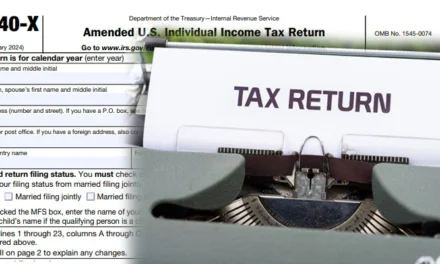Special Tax Considerations for When You Retire
Navigating the intricacies of retirement taxes requires careful consideration, given the diverse income sources that can impact your tax liability. Despite the common assumption that retirement equals lower taxes, a strategic approach is essential for effective tax management. Here are four crucial tips to guide you:
- Manage Your Adjusted Gross Income (AGI):
- Take control of your AGI to influence your tax bracket, Social Security benefits taxation, and Medicare premiums. A lower AGI ensures you retain a more substantial portion of your retirement income.
- Explore avenues for reducing taxable income, including thoughtful withdrawal planning from retirement accounts and adopting tax-efficient investment strategies.
- Keep Your Expenses in Check:
- Significantly impact your tax situation by downsizing and reassessing your monthly expenses. Lowering your income needs directly contributes to a reduced AGI and the potential for lower taxes.
- Consider paying off significant debts before retirement, and throughout your retirement years, strive to manage expenses wisely. This prudent approach contributes to a more tax-efficient financial standing.
- Understand the Nuances of Your IRAs:
- Recognize the tax implications of your retirement accounts, distinguishing between taxed Traditional IRA distributions and tax-free withdrawals from Roth IRAs. Optimize your withdrawal strategy to minimize overall taxable income.
- Collaborate with a tax professional to craft a plan that maximizes the tax benefits of your retirement savings, accounting for factors like required minimum distributions (RMDs) and potential Roth conversions.
- Strategize Your Income Sources:
- Adopt a strategic approach to sourcing income during retirement, whether from bank accounts or the sale of specific assets. This allows you to access income without adversely affecting your AGI.
- Diversify the origins of your income to potentially decrease tax liabilities. A well-balanced strategy for drawing income from various assets can significantly impact your overall tax outlook.
Navigating the complexities of retirement taxes can be challenging, making professional advice highly recommended. Consulting with a tax professional ensures the development of a personalized strategy aligned with your financial goals, safeguarding more of your earnings for your golden years.





